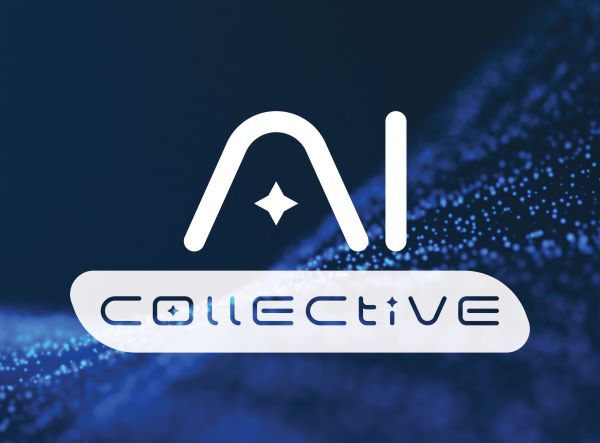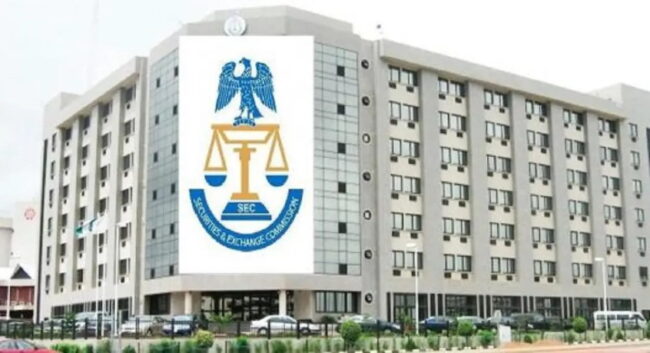 The Chief Executive Officer (CEO) of Luminate, Mr Stephen King, says the organisation has supported Nigeria’s Artificial Intelligence (AI) Collective with the sum of 1.5 million dollars.
The Chief Executive Officer (CEO) of Luminate, Mr Stephen King, says the organisation has supported Nigeria’s Artificial Intelligence (AI) Collective with the sum of 1.5 million dollars.
King, who made this known at the unveiling of AI Collective on Monday in Abuja, said that the money was going to last for three years.
BRANDPOWER reports that the event was organised in collaboration with the Federal Ministry of Communications, Innovation, and Digital Economy, with support from Ford Foundation and MacArthur Foundation.
The event tagged: “Shaping an Inclusive AI Ecosystem for Nigeria” aimed to foster collaboration among key government, private sector, academia, and civil society stakeholders to build a more inclusive and ethical AI landscape in Nigeria.
King said that AI in Nigeria would bring together expertise from civil society academia, tech innovations and many other sectors to work together for its advancement.
He said that this would drive innovation and ensure that AI was developed and deployed in a safe ethical inclusive and retrospective way.
“We are so proud to support the Nigeria’s AI Collective with a 1.5 million dollars commitment over the next three years.
“Nigeria’s AI community will bring together expertise from civil society academia, tech innovations and many other sectors who will work together to advance AI in Nigeria.
“This is to drive innovation and ensure that AI is developed and deployed in a safe ethical inclusive and retrospective way.
“Luminate with the support of its partners will manage the collective to ensure the emergence of this vision of the inclusion of AI system,” King said.
The Minister of Communications, Innovation and Digital Economy, Dr Bosun Tijani, said that it was a critical step in taking advantage of future technologies.
Tijani said that it would help to develop homegrown innovations that address local challenges, accelerate economic growth, and contribute significantly to the development of the global technology ecosystem.
“By supporting our startups, we are not only investing in their success but also in the future of Nigeria’s digital economy.
“It is not a lot of money but it is a good source of funding to get us going. AI is a unique technology that offers the opportunity for us to solve problems the way we have not been able to before.
“At the same time it is the kind of technology that when government is not paying attention to there is a danger for society.
“The government must make sure that we are taking advantage of it by leveraging it to solve our problems as a country.
“We are coming together to understand the best way to regulate it such that the regulation is not to stop innovation but to protect our people,” he said.
In his remarks, Mr John Palfrey, President, MacArthur Foundation, said that it was imperative that governments regulate the technologies.
Palfrey, represented by Kristen Mack, the Vice President, Communication Fellows Partnership, MacArthur Foundation, said that it would regulate societies, and advance human endeavours.
He saidthatAI would prevent harm and eliminates the spread of myths and disinformation that threaten privacy and security of the people.
“AI is too consequential a technology for ethical frameworks to be left up to companies since companies ultimately answer to their stakeholders, their boards, and their investors.
“We at MacArthur have been supporting research and analysis that seek to foster greater consideration of the ethical and social implications of AI and other technologies.
“That includes supporting work that strengthens the ecosystem of people and networks, and advancing a vision for technology that is rooted in equity and justice.
“An example is the partnership on AI, a multi-stakeholder effort that includes civil society organisations, academic institutions and technology companies that are brought together to develop different kinds of frameworks.
“All these aim to ensure the AI is widely beneficial, harms are prevented, and that civil and human rights are central to the governance of technology,” he said.






















